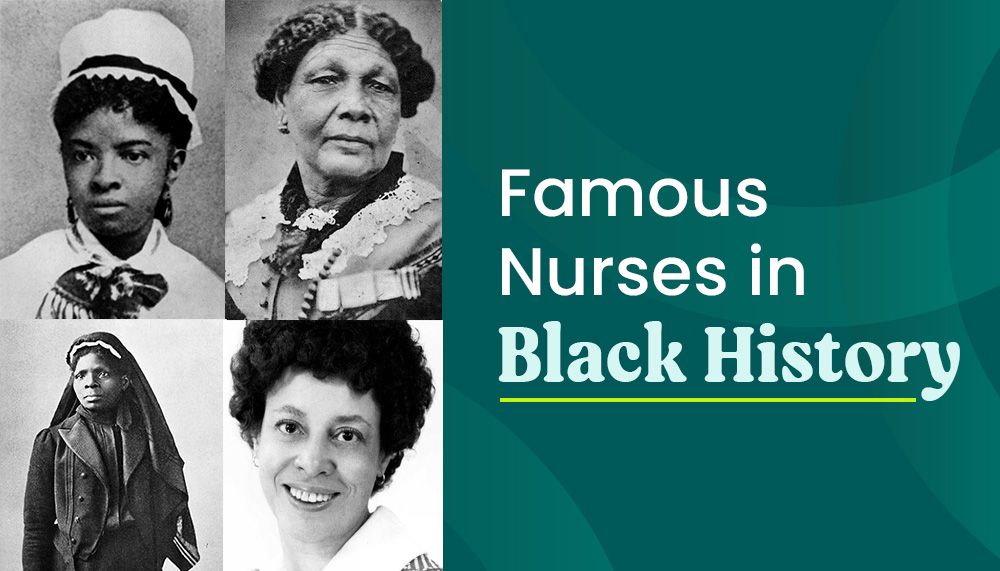As February and Black History Month come to a close, it’s vital to celebrate the important figures in Black history.
Since we’re in the healthcare industry, who better to celebrate than important nurses in Black history!
Mary Eliza Mahoney
We’ve discussed Mary Eliza Mahoney before in a Nurses Week post but she deserves multiple mentions. She was the first Black woman to graduate from a nursing school in America. More impressively, she was one of only four people in her class to actually graduate.
After school, Mahoney would become one of the original members of the American Nurses Association. This was even more noteworthy considering the group was mostly made up of white nurses.
Mahoney was also a figurehead outside of healthcare, fighting for women’s suffrage and civil rights throughout her life. She even was one of the first women in Boston to register to vote. Quite a resume!
Mary Seacole
When people think of the Crimean War, the first name that comes to mind is Florence Nightingale. However, there was another nurse who deserves your attention: Mary Seacole.
Born in Jamaica, Seacole was a self-taught nurse who worked both in her home country and abroad in the Crimean War. She was denied access to joining Florence Nightingale’s mission, so she valiantly decided to work independently instead.
She is perhaps best known for opening “The British Hotel” during the war, which was a building which housed sick and injured soldiers from the frontlines.
Susie King Taylor
Susie King Taylor has the distinction of being the first Black nurse during the American Civil War.
She joined the Union forces early in the war and was known to sneak into quarantined, smallpox-infected tents that others avoided in order to aid those who were ailing.
A 13-year-old teacher before the war, she also spent her spare time teaching soldiers to read and write.
Goldie D. Brangman
Brangman’s claim to fame is a harrowing one: she was part of the surgical team that saved Martin Luter King Jr’s life after an assassination attempt in 1958. She operated the breathing bag that helped keep MLK alive.
Later in life, Brangman cofounded the school of anesthesia in Harlem Hospital and became the first Black nurse to be elected president of the American Association of Nurse Anesthetists.

